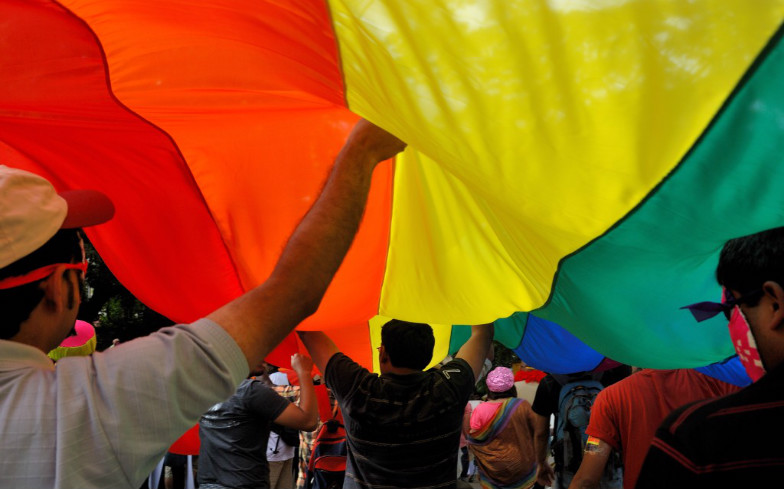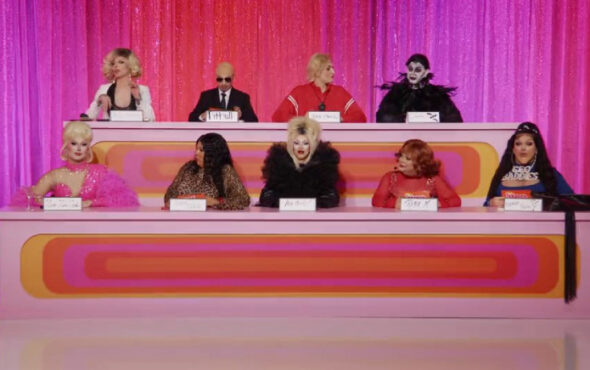Homosexuality was made legal in India last year.
Last year, India’s Supreme Court overturned a colonial-era ban on homosexuality. An archaic law – known as Section 377 of the Indian penal code – had been imposed on Indian citizens since British rule, and it penalised intercourse “against the order of nature” with a sentence of life imprisonment.
At the same time, adultery was also legalised in the country, however the Indian army wishes to keep both of these acts illegal, believing that it would help to keep discipline within the army. The existing Army Act already lists homosexuality as a punishable offence.
News agency Press Trust reports that the Indian army has already approached the Ministry of Defence to raise concerns over whether homosexuality would be legalised in the army.
It is planned that officers who face punishment for being gay will now be tried under Section 45 of the act, which punishes officers for “behaving in a manner unbecoming of his position and character expected of him” instead of Section 46.
The Adjutant General of the Indian army, General Ashwani Kumar, said that some cases could end up being “legally right but ethically wrong.” He added: “Moral turpitude and corruption cannot be accepted.”
Earlier this year, General Bipin Rawat declared that homosexuality would not be allowed in the army. “In the army we never thought this can happen,” he said.
“Anything that was thought of, was put in the Army Act. It was something which was unheard of when the Army Act was made.
“We never thought this is going to happen. We never allow it. Therefore it was not put in the Army Act.”

Although homosexuality is legal in South Korea, it is illegal in the country’s army, and a report released earlier this year revealed the levels of violence that LGBTQ people face there.
In an extract, it writes that the law “institutionalizes discrimination, reinforces systematic disadvantages for gay, bisexual and transgender people and risks inciting or justifying violence against them inside the military and in the broader society.
“This report demonstrates how soldiers experience discrimination, intimidation, violence and isolation as the direct or indirect result of the criminalization of sex between men in the military code.”
One report from a soldier, only identified as U, said: “In my squad, there were many soldiers who were considered ‘feminine’ and usually in the lowest or second-lowest ranks, that were ordered by higher-ranking soldiers to locations that were less conspicuous, such as laundry rooms or shower rooms.
“Once there, these soldiers were subjected to sexual abuse. On some occasions, officers ordered lower-ranking soldiers to nearby motels during night shifts and then raped them.
“One night, I saw a soldier being sexually abused. When he got angry, the person abusing him who was his senior started to beat him fiercely and forced him to drink from the toilet bowl.”




